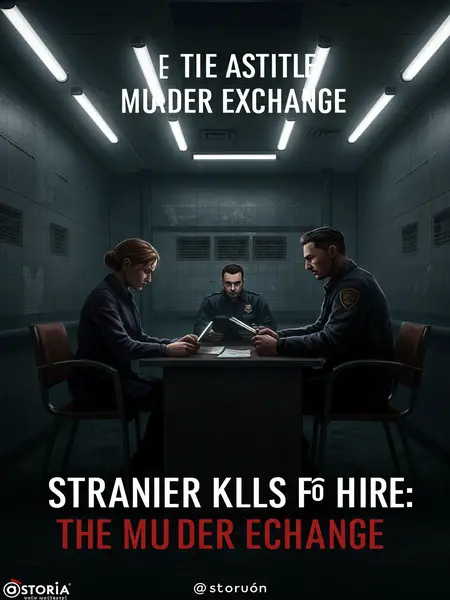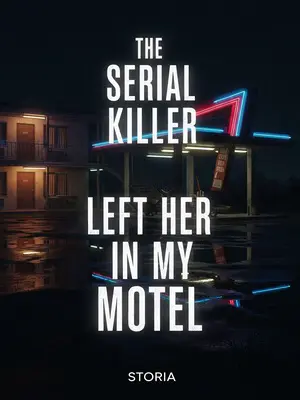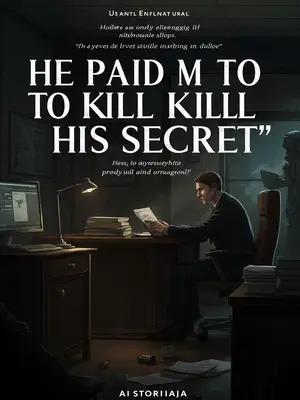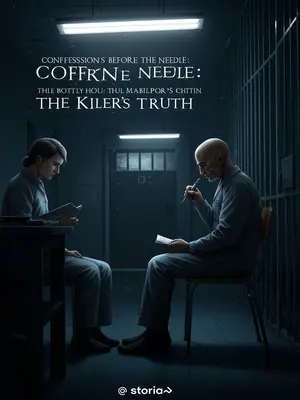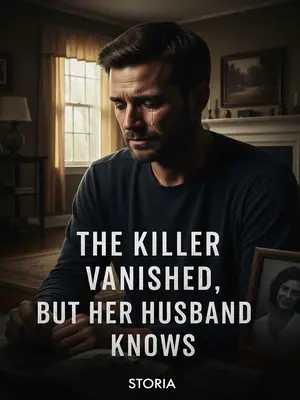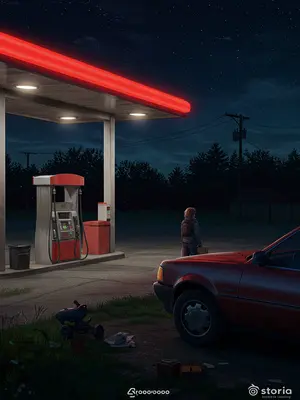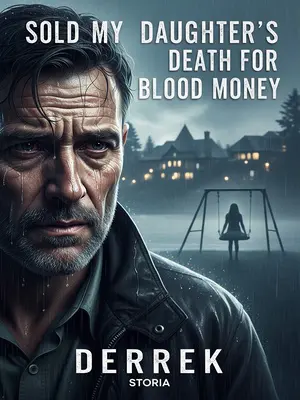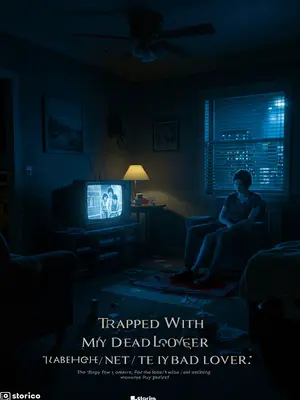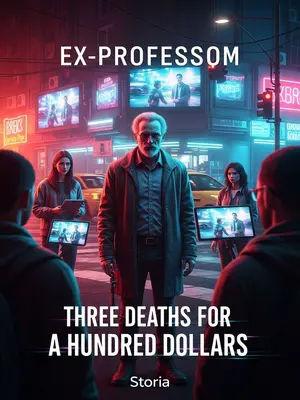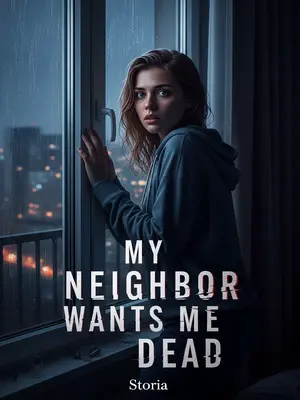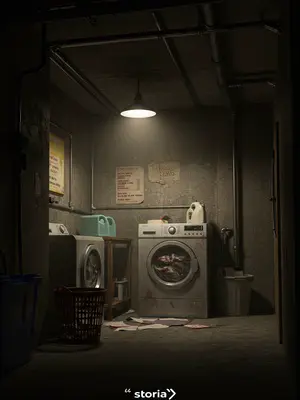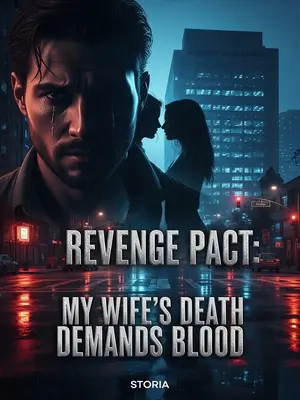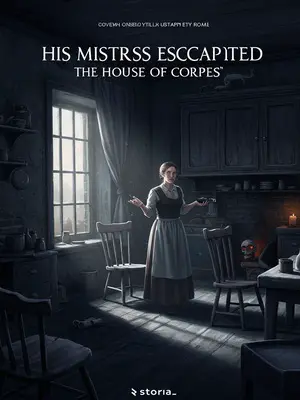Chapter 2: Dead Ends and a Witness
The whole homicide squad worked around the clock for days, but found nothing.
Sleep was a joke. We lived on vending machine coffee and takeout. Every tip fizzled. The precinct got quiet in the early morning, that haunted silence you only get in police stations.
The Harper family had a spotless reputation with everyone who knew them.
Nobody, and I mean nobody, had a bad word to say. Not a single enemy. Even their mailman called them “the nicest people on my route.”
“Mr. Harper was a great guy. Last year, when my dad was in the hospital and we were short on cash, he paid our bill up front.”
I remember the nurse who told us that—tears in her eyes, clutching her coffee cup like it was a life preserver. The Harpers had done more good in that community than most politicians.
“Last year, my mom almost got scammed, but Mrs. Harper caught it. If it weren’t for her, we would’ve lost thousands.”
A neighbor, Mrs. Robinson, told us that, hand on her heart. The Harpers looked out for everyone, even people they barely knew. They were the kind of people who showed up to mow your lawn when you broke your leg.
Their son Adam was a model student—no girlfriend drama, no trouble with bullies.
Adam’s teachers said he was quiet, respectful, loved animals. No fights, no rumors, no drugs. He made the honor roll. He had a poster of Messi above his bed and a box of trophies in the closet. I checked.
All 100-plus staff at St. Mary’s Hospital were cleared.
We spent three days grilling doctors, nurses, janitors—even the night security guy. Nothing. Nobody had a beef with David Harper. No medical malpractice, no whispered affairs, no hush-hush hospital drama.
After sharing info, Lisa sighed and looked up at the ceiling:
She leaned back in her chair, rubbing her temples. “If I have to read one more squeaky-clean Facebook timeline, I’m gonna lose it.”
“No leads at all. This is even more frustrating than a locked-room mystery.”
She drummed her pen against her notebook, voice tight with frustration. “Locked-room, hell. At least those have clues. This is like chasing a ghost.”
“Their finances were normal, and they didn’t have any big enemies. No medical disputes either. Are we barking up the wrong tree? Maybe it wasn’t revenge—maybe the killer was just a psycho, and the dismemberment and theft were just to throw us off?”
Lisa’s theory was the only thing that made sense at that point. Sometimes, it really is just senseless. But I hated that answer—it meant we were back to square one, and those are the coldest cases of all.
I frowned. That was possible, but if so, it’d be even harder to catch him.
There’s nothing worse for a cop than knowing you might never find the truth. Cold cases haunt the precinct walls, staring down from old photos with accusing eyes. The chief started snapping at everyone. Even the coffee tasted bitter.
We combed through the crime scene and the security footage over and over, but still couldn’t find a trace.
We’d watch the same three minutes of grainy footage on loop, hoping for a flicker, a shadow, a car that didn’t belong. All we got was static and the distant sound of a train whistle. It was maddening.
Until, a month later, a witness came forward.
I’d almost stopped believing in lucky breaks. But sometimes, Chicago throws you a bone—usually when you’re too tired to appreciate it.
A woman, bundled up in sunglasses and a mask, showed up at the station.
Her hands shook so badly she almost dropped her purse at the front desk. She looked jittery, fingers tapping out a nervous rhythm. The kind of look you see in folks dodging trouble, or maybe just their own conscience.
“Is your reward for tips about the killer still good? Do I still get the money if I talk now?”
Her voice trembled, but there was a stubborn edge underneath. You could tell she’d practiced that line in the mirror a few times before walking in.
I perked up and answered quickly, “Yes, it’s still good. You’ll get it.”
She relaxed—just a little. Money opens doors in this city, especially when you’re desperate.
Her name was Rachel Wang, twenty-four, a sales rep for a food company. On September 13, her company had a big promo, so she worked late and didn’t leave until 2 a.m. Wanting to get home fast, Rachel took a shortcut she rarely used.
Rachel told her story with the kind of detail you only get from people who are really scared, or really honest. She worked for Windy City Foods—mostly selling to restaurants, sometimes working the night shift. That night, she was dead on her feet and just wanted her own bed.
A drunk guy saw her walking alone and got the wrong idea. He started following her. When they got to a dark, unlit alley, he rushed up and grabbed her, trying to assault her.
Every detective knows: shortcuts after midnight are a bad idea in Chicago. Rachel learned that the hard way. The alley stank of garbage and last night’s rain, and her footsteps echoed off the brick. Her voice shook as she described the way the guy reeked of whiskey and cheap cologne.
Rachel was exhausted and starving, barely able to fight back. She just screamed for help. But the alley was deserted, not a car or soul in sight.
She said her throat burned from yelling, that she was seconds away from blacking out. She looked up and saw nothing but the moon, half-hidden behind clouds, and the brick walls closing in. You could feel her fear, sitting there across the table.
Just as she was about to give up hope, a man carrying a suitcase stepped out of the shadows. He picked up a rock and smashed it over the drunk’s head.
She described it in slow motion—the sudden, sharp crack, the drunk collapsing without a word. The man didn’t say anything, didn’t look her way. The suitcase he held banged against his knee, and in that moment, she said, she felt like she was staring at death itself.
Rachel’s hands shook as she talked. I poured her a glass of water. After a pause, she went on: “After he knocked the guy out, the man just walked off. I tried to thank him, but he ignored me. I remember smelling something like blood, but I was too freaked out to think about it.”
She cradled the paper cup, staring at the condensation. “I thought about chasing him, but my legs wouldn’t move. I was just glad he left me alone.”
I checked her statement. The spot she described was just a block from Willow Creek Estates. Three days after the murders, police had checked the cameras and asked her if she’d seen anything, but she’d said nothing.
We’d canvassed the area, but with half the city in a panic, her face just blended into the crowd. She said she lied because she was scared of being dragged into a murder trial—and because the man who saved her scared her just as much as the guy who attacked her.
Rachel said, “I didn’t want to get mixed up in a murder case, and he saved me. But now I really need the money—my grandma’s sick. I swear, everything I said is true.”
She slid her grandma’s medical bills across the table. I nodded, letting her know I understood. It’s hard to blame anyone for choosing family over fear.
The suitcase she mentioned matched the one found at the dump, which held the victims’ remains. The man she saw was the killer.
The suitcase was cheap, black vinyl, the kind you get at Walmart when you’re in a hurry. Forensics found traces of blood and human tissue inside—an ugly, undeniable link to the Harpers. Rachel’s story fit the timeline like a glove.
That night was the 13th into the 14th. The streetlights were out, but the moon was bright. In that split second, Rachel caught a glimpse of the guy’s build and a scar by his eye.
It was one of those pale September nights, the air heavy with lake fog. She remembered his walk—steady, confident, like he belonged anywhere. The scar was jagged, running from his eyebrow down to his cheekbone. You don’t forget a face like that.
A police sketch artist drew a portrait from Rachel’s description. Using facial recognition and databases, we quickly found a suspect.
The sketch went up on the big board in the squadroom. I watched the computer run its endless searches, and then—bing. A hit. All those hours watching footage finally paid off.
